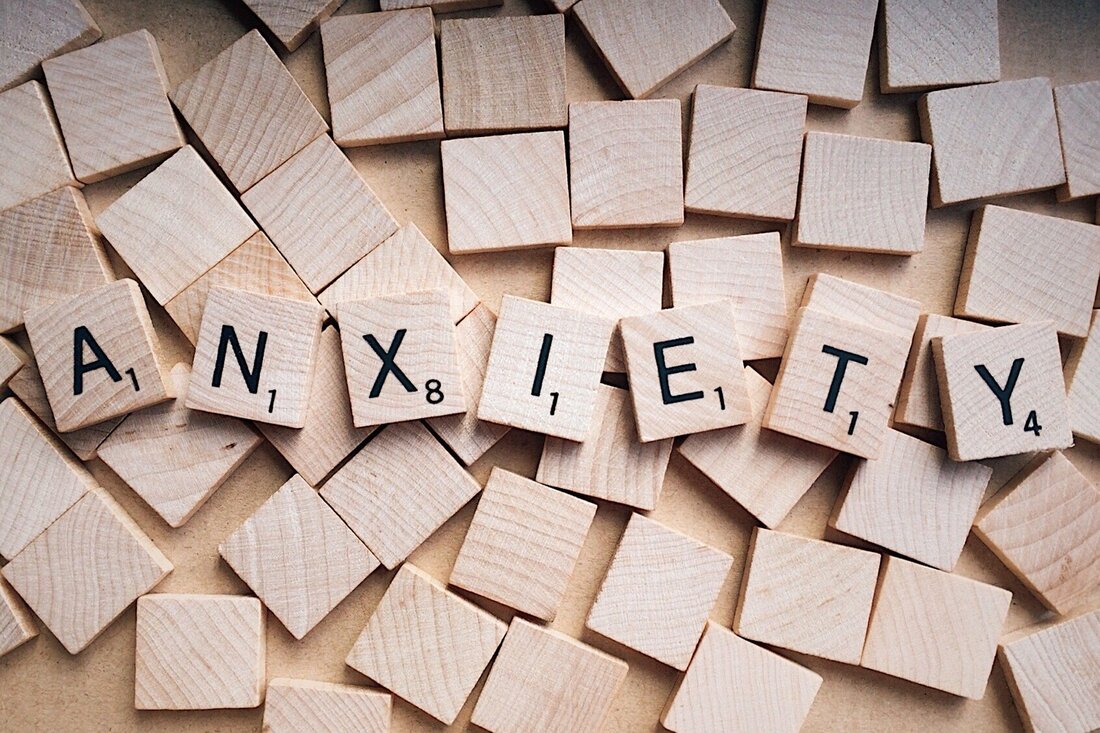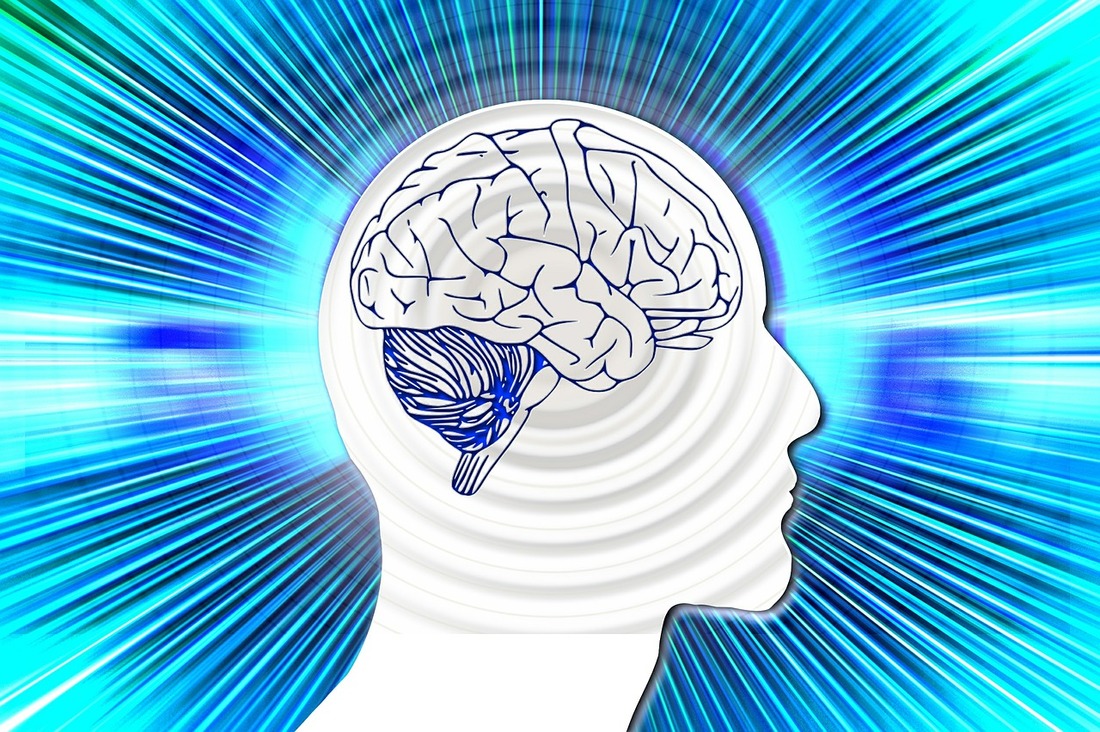|
A question that I hear often from clients is whether they are nervous or if they are struggling with anxiety. In this article, we will explore nerves and anxiety in more depth. What is the difference between anxiety and nervousness?
Nervousness can be described as a worry about a specific event that usually passes. On the other hand, anxiety is a constant state of excessive worry or fear which often affects work, school, and relationships. How do you handle it when you are anxious? There are several techniques that you can try when you feel like you are drowning in anxiety. Here are 3 techniques to choose that can help calm your anxiety.
Anxiety can usually be traced back to an underlying issue, even if you cannot put your finger on it yourself. Counseling is great for exploring these underlying issues. I see plenty of clients who are going through a difficult transition in life, have experienced trauma, or have additional stress that need a place to process and gain insights which reduce the intensity of anxiety. I always tell clients that the relationship with the counselor is the most important part of the counseling process, so make sure that you feel comfortable with your therapist. Do not be afraid to try another counselor if it does not feel like a good fit.
0 Comments
Anxiety and stress from our day to day work and activities hits us all at some point. Celebrities and clinicians alike tout the benefits of yoga and meditation for stress and anxiety, but does it really work and how does it work? This article will delve into your brain when it is stressed or anxious and whether yoga and meditation can help. How does stress affect the brain? Stress silently affects our bodies and our brains. Stress is all around us, it hits us from work, our families, the news, and school commitments just to name a few. Stress can pose as a threat to our minds and bodies, sending our minds into fight (confront the issue) or flight (avoid the issue) mode. There are times where stress can seem to sharpen the mind, many who experience this share that they "perform best under tight deadlines." However, chronic stress can have negative effects on the brain. Extreme, chronic, and unmanaged stress can change the physical structure of the brain. Chronic stress would be considered "bad" stress and doctors and researchers have noted that exposure to chronic stress and those suffering from post-traumatic stress disorder have brain abnormalities including imbalances in gray and white matter. This does not mean that good stress, the kind that we described above that can sharpen the mind has the same negative effect, good stress helps wire the brain in a positive way, setting it up to be resilient. How to Manage Stress
Now that we have established that stress can affect the brain, it is clear how important it is to manage it. There are two times to manage stress, reactively as it arises and proactively before it happens. Examples of reactive stress management include coping mechanisms to use in the moment like deep breathing, mindfulness, or visualization and imagery. Proactive measures are ones that you employ on a regular basis in order to decrease the baseline stress and anxiety that you might feel as a result. Proactive stress management techniques include practices like yoga and meditation. How Yoga and Meditation Help Stress Yoga is a mind-body practice that combines controlled breathing and physical poses. Yoga combines these physical and mental practices that may help you obtain more peace and manage stress in your life. Yoga has many different styles, but there is not one that is better for stress reduction than another, research and try the best styles that work for you. Most styles incorporate poses, breathing, and meditation and relaxation. Yoga works to reduce stress through controlled breathing, clearing the mind, and relaxation. All of these areas can have a positive impact and have you feeling less stress and anxiety. Mindful meditation has been studied and shown effective to help calm anxious thoughts. Mindful meditation involves sitting comfortably, breathing focus, and bringing your mind's attention to the here and now without allowing it to drift into worries of the future or the past. What to do now? You are ready to start some yoga and mediation to proactively manage your stress and anxiety, wonderful! You are asking, where do I go from here? Here are a couple of resources to help you get started. Enjoy! https://www.yogabasics.com/practice/yoga-for-beginners/free-beginning-yoga-videos/ - Free Yoga videos for beginners https://mindfulness-solution.com/ - Free mindful meditation resource |
Archives
September 2020
Categories
All
|



